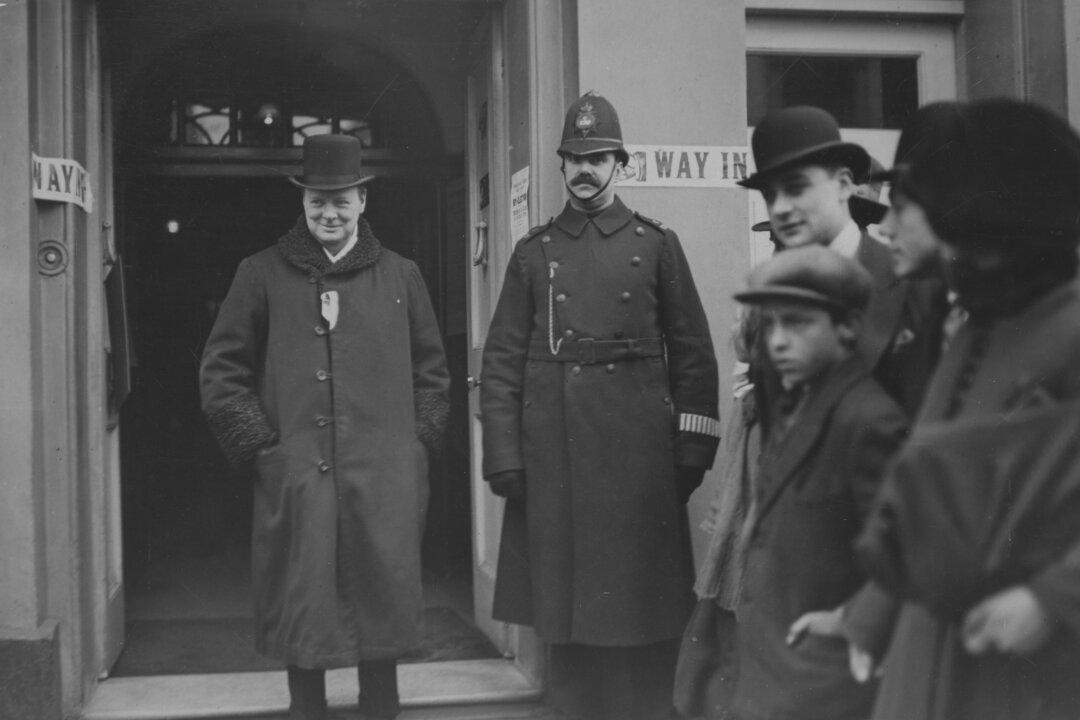His aristocratic father ignored him except when complaining of his behavior. His mother enjoyed dances and men, but also kept her son at arm’s length. His teachers praised him for his intelligence and promise, but nearly all of them faulted him for failing to reach his potential.
His contemporaries often disliked this boy for his self-regard, his refusal to conform to school rules, and his love of argument and debate. Excepting the study of literature and history, he fared poorly in every school he attended, so much so that there was no question of his entering the better universities. Instead, he enrolled in a military college, and even then nearly failed to win admission.






